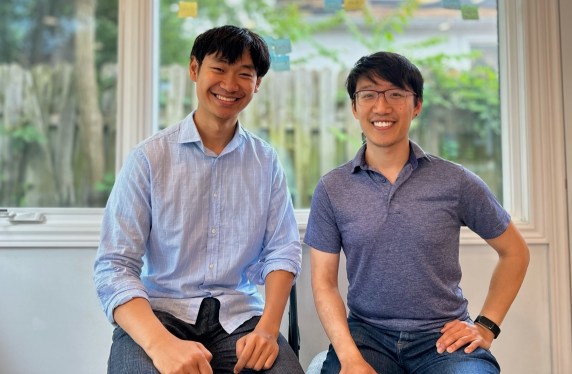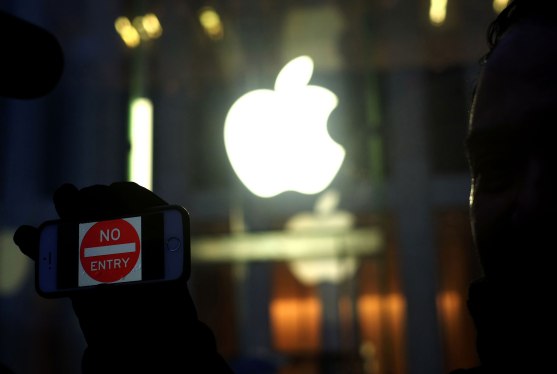In a space where young AI startups are being ruthlessly pursued by VCs, GPTZero has emerged as a standout success story. Founded by 24-year-old Edward Tian and 26-year-old Alex Cui, who’ve been friends since high school, the company is already generating millions in revenue. But what sets them apart from their competitors?
A Unique Approach to AI Detection
GPTZero’s core technology focuses on identifying AI-generated content with remarkable accuracy. While many AI-detection tools are plagued by abysmal accuracy rates, GPTZero boasts a "big data advantage" that allows it to outperform its competitors.
"We have millions of examples of text that is human versus AI," Cui explained in an interview. "We’ve also combined this with some of the best-in-class models and deep learning. We’re actually using language models to detect language models."
A Partnership with Penn State Researchers
To support its claims, GPTZero has partnered with researchers from Penn State University. This collaboration enables the company to benchmark its technology against industry standards, further solidifying its position as a leader in AI detection.
Beyond Education: Expanding into New Markets
While GPTZero is best known for helping teachers detect AI-generated student work, its customer base has expanded significantly. The company now serves government procurement agencies, grant-writing organizations, hiring managers, and even AI training data labelers.
Using AI-generated data for AI training "causes model collapse," Tian pointed out, as teaching a model using fabricated examples isn’t the best way to get it to function in the real world.
Long-Term Vision: Creating a New Layer of Accountability
The young founders have grander aspirations. They aim to create an independent layer of the internet that ensures human and AI content is properly attributed. To achieve this, they’re working on detecting AI hallucinations – where AI-generated fiction is presented as fact.
"A newly available free AI text copyright check for LLM training datasets will help us generate the training data for broader hallucination detection," Tian said.
Avoiding an AI-Generated World
Tian’s vision for GPTZero is not just about identifying AI-generated content but also ensuring that human creativity and originality are preserved in a world where AI dominates.
"We’re trying to avoid a world where the entire internet is AI-generated content," he emphasized. "An internet where everybody uses AI doesn’t preserve the opportunity for people to continue contributing creative and original content."
GPTZero’s Rise to Prominence
GPTZero has gained significant attention, with notable investors like Jack Altman (brother of OpenAI’s Sam Altman) and Nvidia founder Jensen Huang joining its ranks.
To facilitate further growth, the company recently closed a funding round led by Footwork, a venture capital firm that specializes in AI investments.
"We’re not just looking for money; we need people with expertise to help us build a big company," Tian said. "That’s why we partnered with Footwork – they have a ‘big data advantage’ in the AI industry."
The Future of AI Detection
GPTZero’s success story is a testament to the innovative spirit and determination of its founders. As the market for AI detection continues to grow, it will be exciting to see how GPTZero evolves and expands its offerings.
In an industry where accuracy rates are often questioned, GPTZero has set itself apart with remarkable precision. Their commitment to preserving human creativity in a world dominated by AI is both admirable and necessary.
Stay tuned as we follow GPTZero’s journey and explore the ever-evolving landscape of AI detection and accountability.
Key Takeaways:
- Accuracy matters: In an industry plagued by low accuracy rates, GPTZero stands out for its remarkable precision.
- Big data advantage: The company’s access to millions of human-AI text examples gives it a unique edge in detecting AI-generated content.
- Partnerships and collaborations: GPTZero’s partnerships with Penn State researchers and notable investors like Footwork demonstrate its commitment to innovation and growth.
What’s Next for GPTZero?
As the company continues to expand its customer base, develop new technologies, and collaborate with industry leaders, one thing is certain: GPTZero will remain at the forefront of AI detection and accountability. Stay tuned for updates on this exciting startup’s journey!



